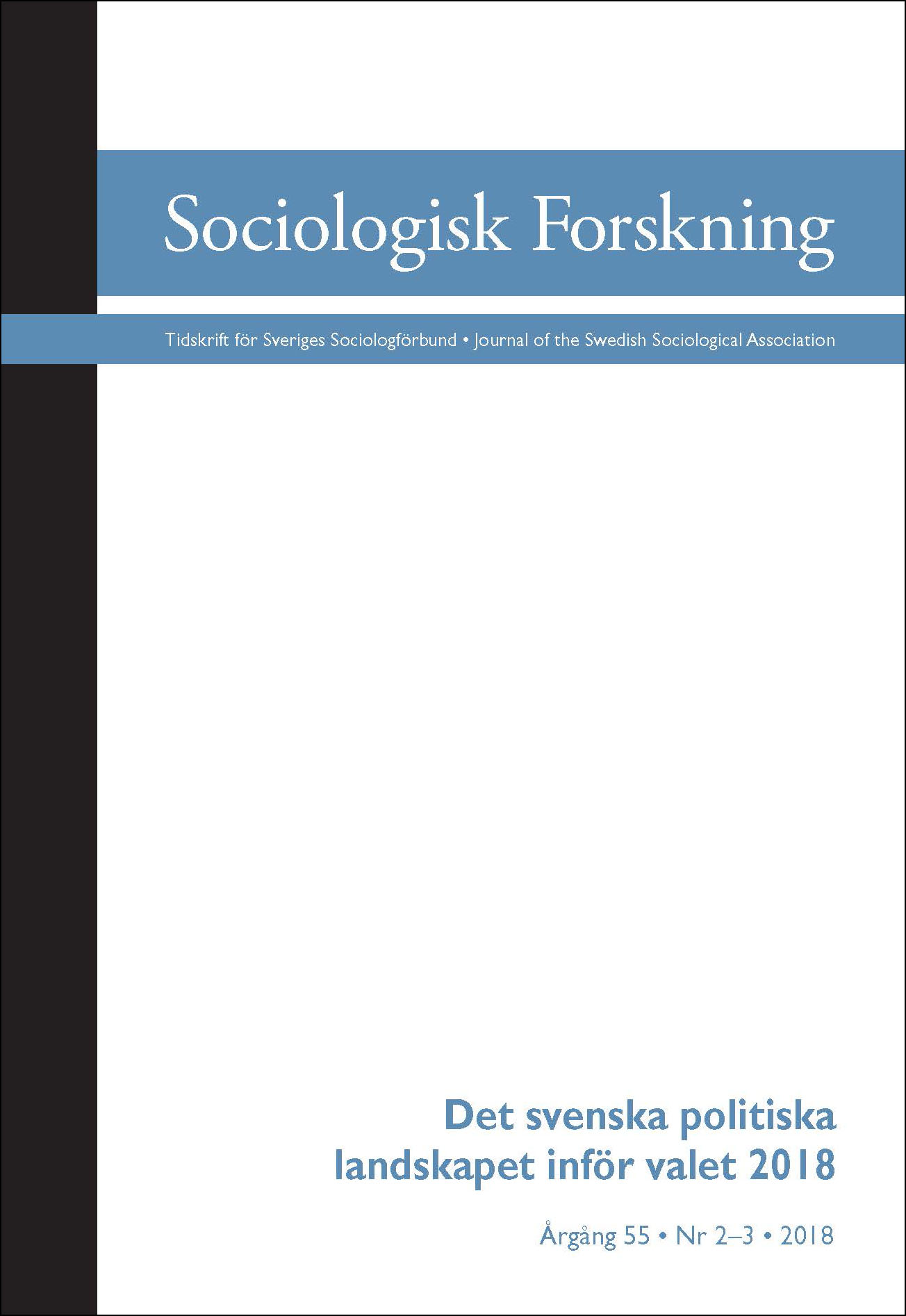A Swedish culture of advocacy?
Civil society organisations’ strategies for political influence
DOI:
https://doi.org/10.37062/sf.55.18196Keywords:
advocacy strategies, advocacy culture, civil society organizations, critical voice function, political influenceAbstract
This article sets out to identify a culture of advocacy that has come to characterise Swedish civil society, formed around a long-standing tradition of close and cordial relations between civil society organisations, popular movements, and state and government officials. We argue that Swedish civil society organisations (CSOs) have been allowed to voice critique against public actors and policies and are expected to do so. Based on a large survey of Swedish CSOs, this study contributes unique data on what type of advocacy strategies CSOs practise, and the range of advocacy strategies that organisations employ. The analysis also explores norm-breaking behaviour, such as holding back criticism of public authorities. The results reveal a complex picture of a culture of advocacy: we find patterns of intense political activity among organisations that admit they hold back in their criticism of public authorities and the use of a wide range of advocacy strategies. The article contributes to and challenges established advocacy research and analyses established patterns of organisations’ advocacy activities with the symbolic acts of breaking norms, as an analytical approach for the study of advocacy strategies in general and advocacy culture in particular.
Downloads
Published
How to Cite
Issue
Section
License
All content in Sociologisk Forskning is published with immediate open access, under the Creative Commons license CC BY-NC-ND 4.0.
All content may be read, downloaded, shared and printed for non-commercial purposes, free and without fees. Contents may not be altered. When content is reused, author, source and a link to the copyright licence must be provided. The author retains copyright to their content. No publication fees are charged.





